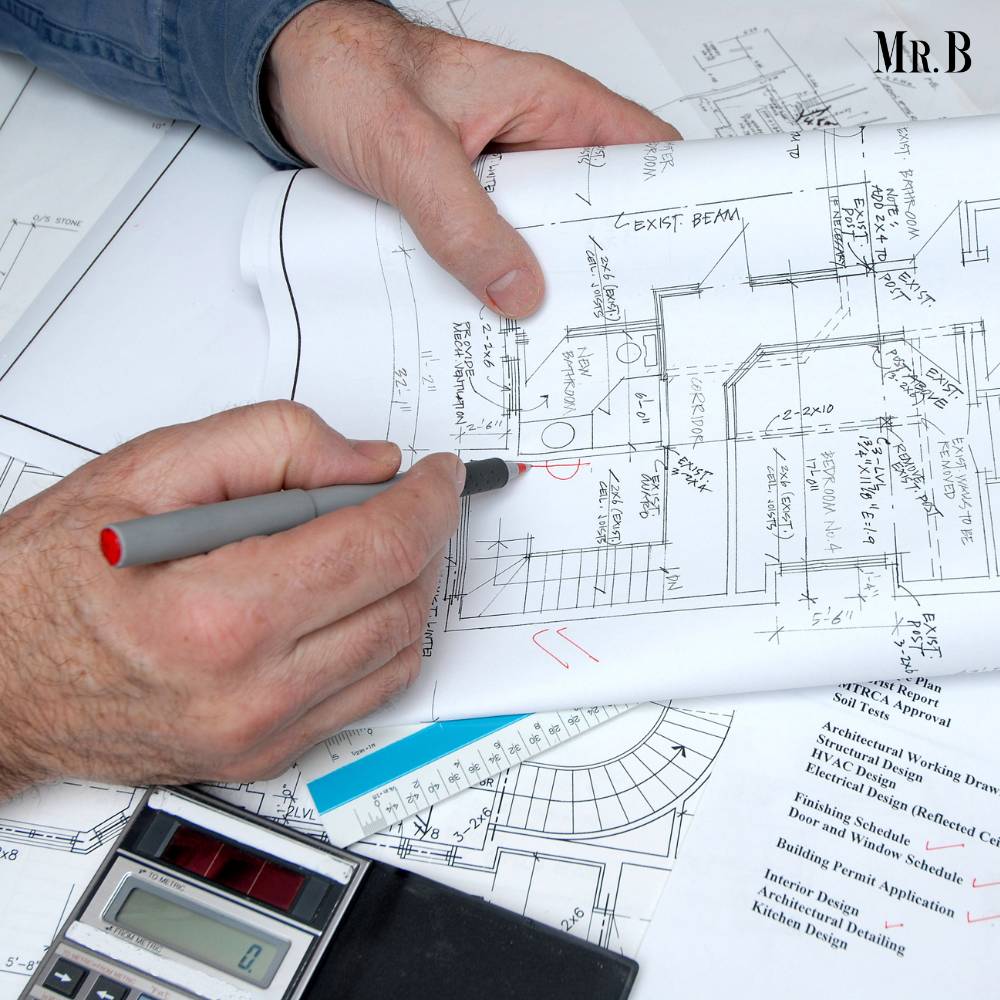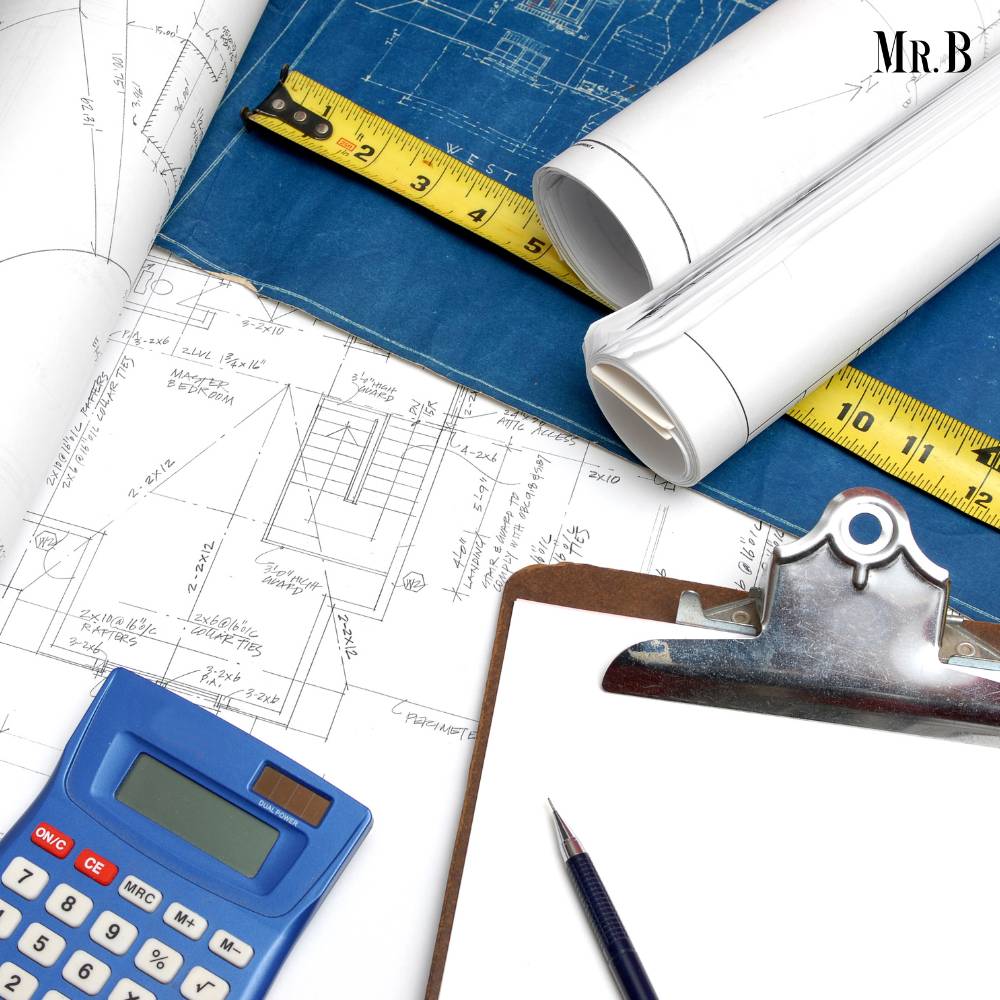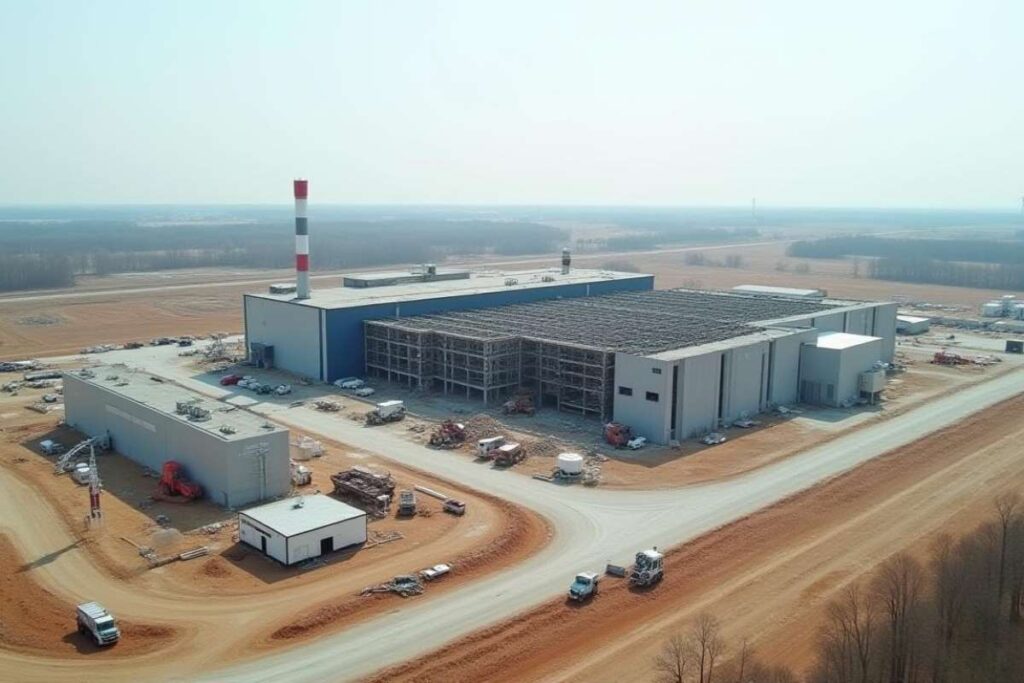In the realm of construction projects, accurate cost estimation is paramount for success. Whether you’re embarking on a residential, commercial, or infrastructure project, understanding the intricacies of construction cost estimation can make all the difference in staying within budget and achieving project goals. Enter the construction cost estimator – a vital tool that enables stakeholders to forecast project expenses with precision and confidence. In this comprehensive guide, we explore the role of these estimators, their significance in project management, and how businesses can leverage them to streamline processes and optimize budgets effectively.
Understanding the Concept
A construction cost estimator is a professional responsible for determining the approximate costs associated with a construction project. This involves analyzing project specifications, materials, labor requirements, and other factors to provide accurate cost estimates. Cost estimators play a critical role in project planning, budgeting, and decision-making, helping stakeholders assess the financial feasibility of construction endeavors and allocate resources effectively.
The Importance:
Construction cost estimators offer several benefits to stakeholders involved in construction projects:
1.Budget Optimization:
By providing accurate cost estimates, construction cost estimators enable businesses to optimize budgets and allocate resources efficiently, minimizing the risk of cost overruns and delays.

2.Project Planning:
Cost estimators help stakeholders develop comprehensive project plans by identifying potential cost drivers, evaluating alternative solutions, and establishing realistic timelines and milestones.
3.Risk Management:
By conducting thorough cost analyses, estimators identify and mitigate potential risks and uncertainties that could impact project budgets and schedules, ensuring smoother project execution.
4.Contract Negotiation:
Cost estimators play a key role in contract negotiation by providing stakeholders with reliable cost data to negotiate favorable terms with suppliers, contractors, and subcontractors.
5.Stakeholder Communication:
Estimators facilitate effective communication among project stakeholders by providing transparent and detailed cost breakdowns, fostering trust and collaboration throughout the project lifecycle.
How Construction Cost Estimators Work?
These estimators employ various techniques and methodologies to determine project costs accurately:
1.Quantity Takeoff:
Estimators analyze project blueprints and specifications to quantify the materials, labor, and equipment required for construction, using specialized software and industry knowledge.
2.Cost Analysis:
Estimators assess the cost of materials, labor, equipment rentals, permits, overheads, and other expenses associated with the project, factoring in market rates, inflation, and regional variations.
3.Benchmarking:
Estimators compare current project costs with historical data from similar projects to identify cost trends, benchmarks, and potential areas for cost savings or optimization.
4.Risk Assessment:
Estimators identify and evaluate potential risks and uncertainties that could impact project costs, such as supply chain disruptions, regulatory changes, and unforeseen site conditions.
5.Documentation:
Estimators document their findings and assumptions in detailed cost estimates, including itemized breakdowns, unit costs, quantities, and contingency allowances, to provide stakeholders with a clear understanding of project costs.

What are the benefits of a construction cost estimator?
A construction cost estimator serves as a linchpin in the realm of construction projects, offering a multitude of benefits to stakeholders involved in the planning, execution, and management of construction endeavors. Here are some key advantages of leveraging the expertise of an estimator:
1.Budget Optimization:
One of the primary benefits of a construction cost estimator is their ability to optimize project budgets. By providing accurate cost estimates based on meticulous analysis of project specifications, materials, labor requirements, and market rates, estimators enable businesses to allocate resources efficiently and minimize the risk of cost overruns.
2.Risk Mitigation:
Construction projects are inherently fraught with risks, ranging from supply chain disruptions to unforeseen site conditions. An estimator helps mitigate these risks by conducting thorough cost analyses, identifying potential cost drivers and uncertainties, and incorporating contingency allowances into project budgets to account for unforeseen circumstances.
3.Enhanced Decision-Making:
Informed decision-making is critical for the success of construction projects. Cost estimators provide stakeholders with valuable insights into project costs, enabling them to make informed decisions regarding project scope, design alternatives, procurement strategies, and resource allocation. These insights empower stakeholders to optimize project plans and maximize value for their investments.
4.Improved Project Planning:
Accurate cost estimation is fundamental to effective project planning. Construction cost estimators assist stakeholders in developing comprehensive project plans by forecasting project expenses, establishing realistic timelines and milestones, and identifying potential cost-saving opportunities. This proactive approach to project planning enhances project efficiency and minimizes delays.
5.Transparent Communication:
Effective communication is essential for fostering collaboration and alignment among project stakeholders. These cost estimators facilitate transparent communication by providing detailed cost breakdowns, explaining assumptions and methodologies, and addressing stakeholders’ concerns regarding project costs. This transparency builds trust and confidence among stakeholders and fosters a collaborative project environment.

6.Value Engineering:
Value engineering is a systematic approach to optimize project costs without compromising quality or performance. These cost estimators play a crucial role in value engineering by analyzing alternative materials, construction methods, and design solutions to identify opportunities for cost savings while maintaining project objectives and standards.
FAQs (Frequently Asked Questions)
1. What qualifications do construction cost estimators typically possess?
These estimators often have a background in construction management, engineering, or related fields, along with proficiency in cost estimation software and industry-standard methodologies. Strong analytical skills, attention to detail, and knowledge of building codes and regulations are also essential.
2. How accurate are construction cost estimates?
The accuracy of construction cost estimates depends on various factors, including the level of project detail available, the estimator’s expertise, the quality of data and assumptions used, and market conditions. Typically, estimates range from -5% to +10% of the actual project cost.
3. Can these cost estimators help with value engineering?
Yes, these estimators play a crucial role in value engineering by identifying opportunities to reduce costs without compromising quality or performance. They analyze alternative materials, construction methods, and design solutions to optimize project budgets and achieve greater value for stakeholders.
4. How often should construction cost estimates be updated during a project?
Construction cost estimates should be updated regularly throughout the project lifecycle to reflect changes in scope, design modifications, market conditions, and other relevant factors. Key milestones, such as design development phases, bidding processes, and contract negotiations, typically trigger updates to cost estimates.
5. How can businesses find reliable construction cost estimators?
Businesses can find reliable estimators through referrals, professional networks, industry associations, and online platforms specializing in construction services. It’s essential to evaluate the estimator’s qualifications, experience, track record, and communication skills to ensure a successful partnership.
Conclusion
In the dynamic world of construction projects, accurate cost estimation is the cornerstone of effective project management and budget control. Construction cost estimators play a vital role in helping stakeholders navigate the complexities of project finances, mitigate risks, and achieve project objectives successfully. By leveraging the expertise of these and adopting best practices in cost estimation, businesses can optimize budgets, enhance project planning, and drive sustainable growth in the construction industry.








